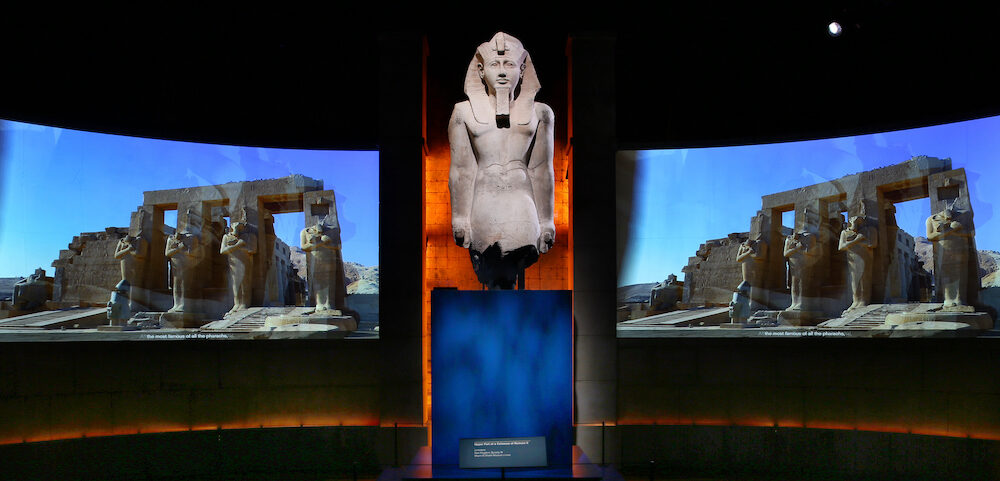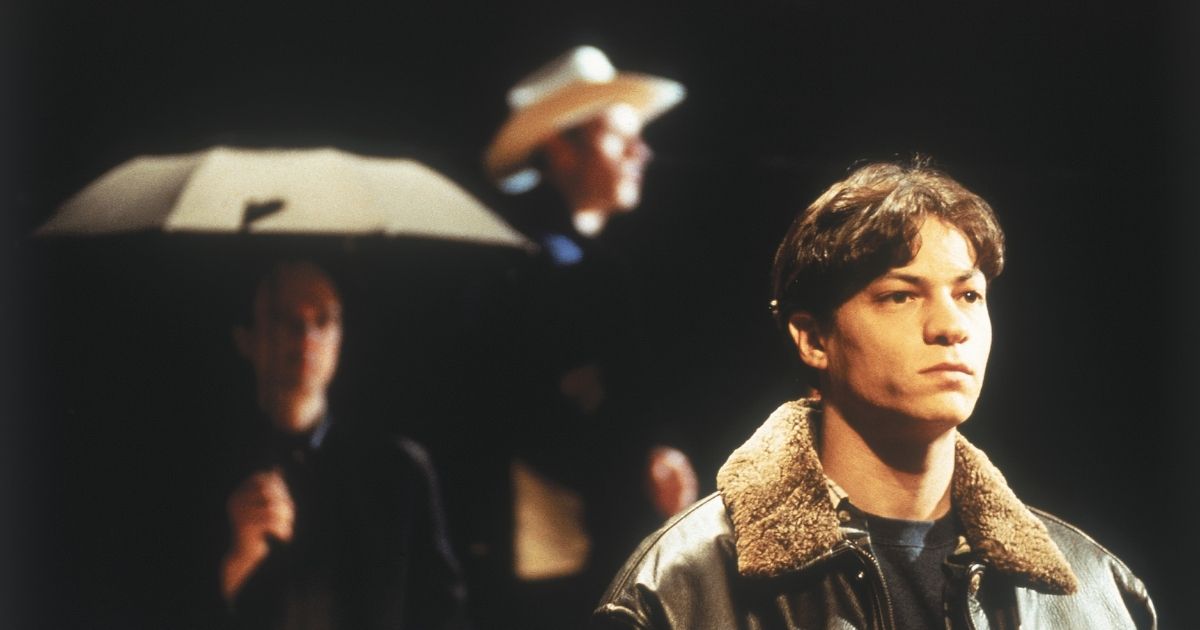
Drive My Car
BY OLGA AZAR
Deeply moving and immensely long, Drive My Car is a meditation on the hazards of connection, both outward and inward, and how compromises made between the two can create unexpected reflection. Negative, positive, and often explosively neutral in this subdued film.
Based on a short story by Haruki Murakami and co-written (with Takamasa Oe) and directed by Ryûsuke Hamaguchi, Drive My Car is about many concerns: sex, infidelity, family, and the resulting responsibility of each. The framework involves Yusuke Kafuku (Hidetoshi Nishijima), an actor and recent widower, hired to direct an adaptation of Chekov’s Uncle Vanya at a theatre festival in Hiroshima. He is assigned a chauffeur, a young, scrappy and stoic woman, Misaki Watari (Toko Miura) to drive his beloved Saab.
The play’s adaptation is multilingual, Kafuku’s known approach to theatre. Casting speakers of various Asian languages, and one who communicates in sign language, they play opposite other cast members. Reliant on rehearsal and rhythm, the dynamic is intense and a revelatory look into the possibilities of theatre-making, and a glimpse into the emotions that might override dialogue.
There are many elements at play in Drive My Car, none of them simple. The emotional vastness in the melancholy plot has echoes of Uncle Vanya, but not overtly. That Kafuku listens to a recording of his wife made of the play, leaving moments for him to rehearse his lines, is both haunting and bewildering, and one of many memorable scenes. When Kafuku asks his driver to take him someplace peaceful, she takes him to a garbage-processing plant. As they watch debris floating down, she says it’s almost like snow.
It’s hard to tell when this three-hour film stops being a soggy trek through muted sensibilities and blossoms into a story of a strange sort of grace. But when it does, it comes like a soft snowfall.
★★★★









